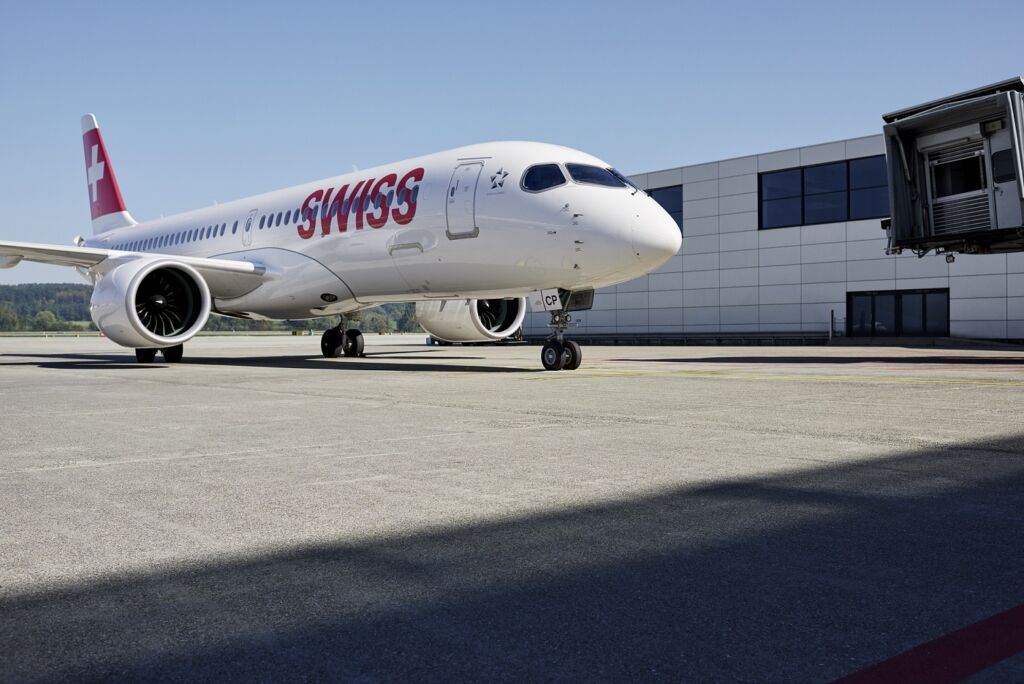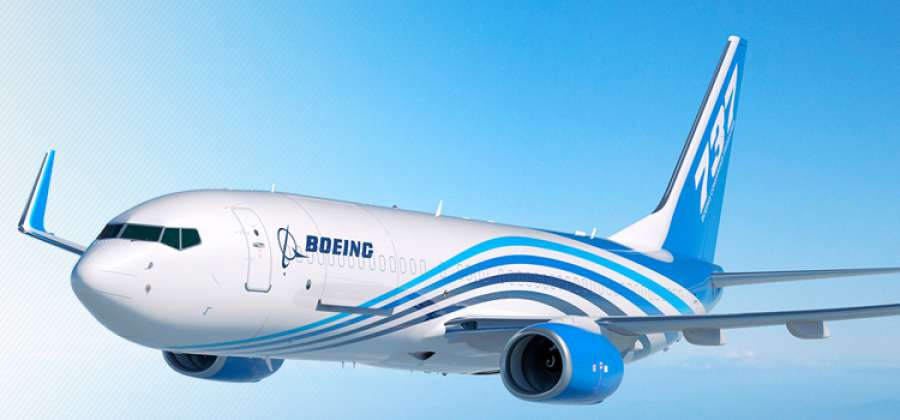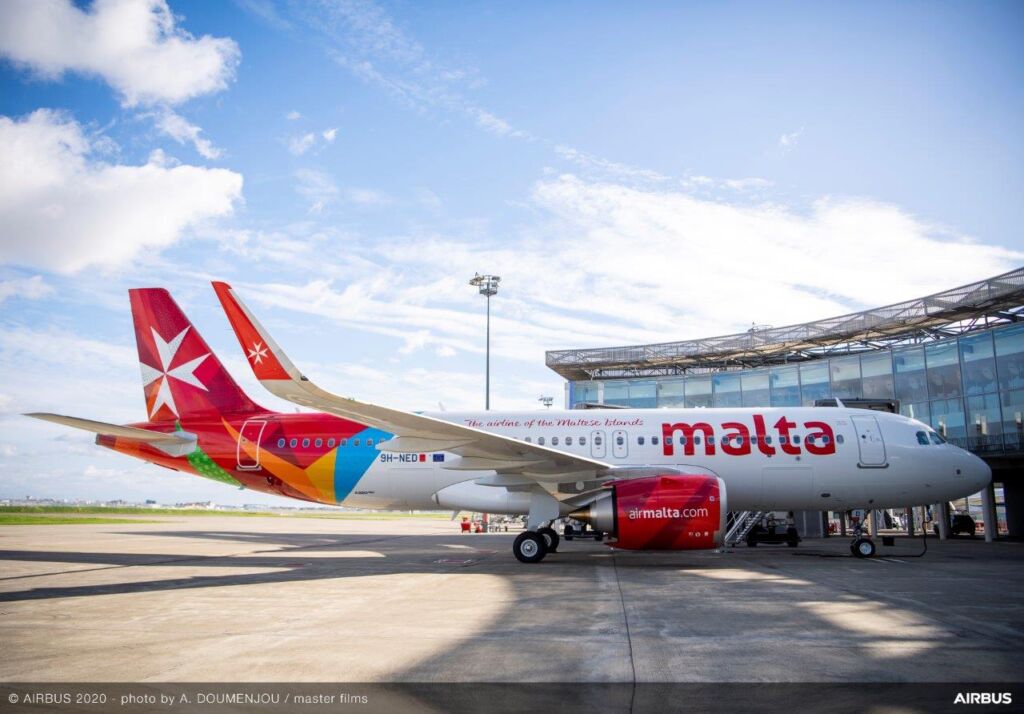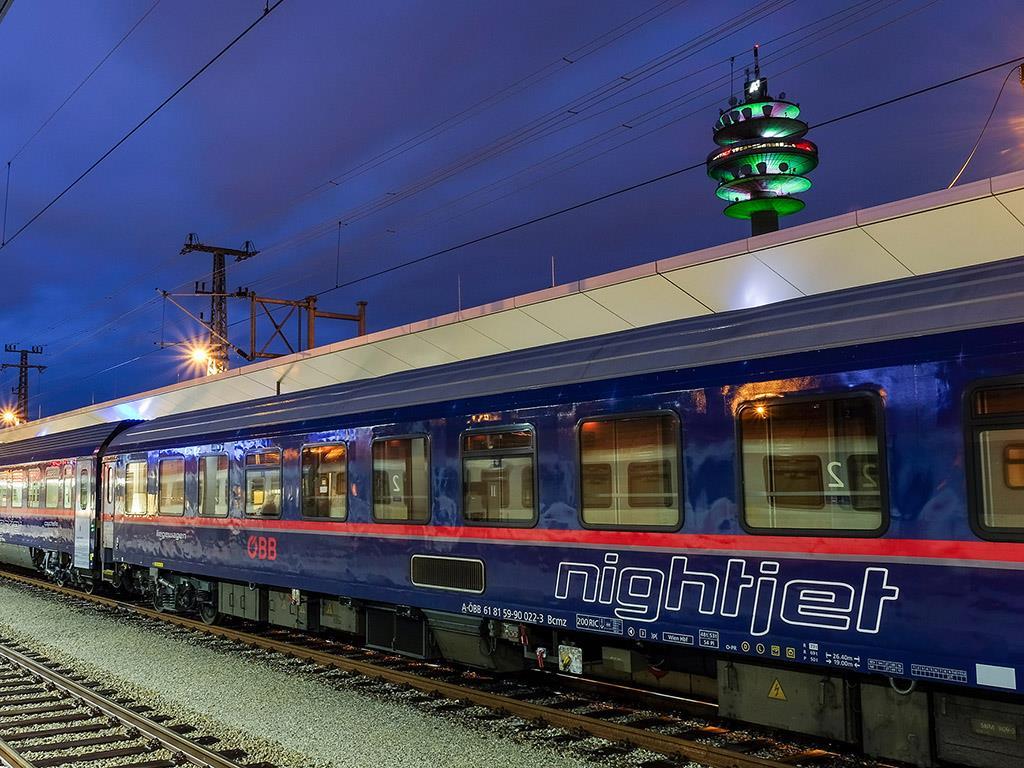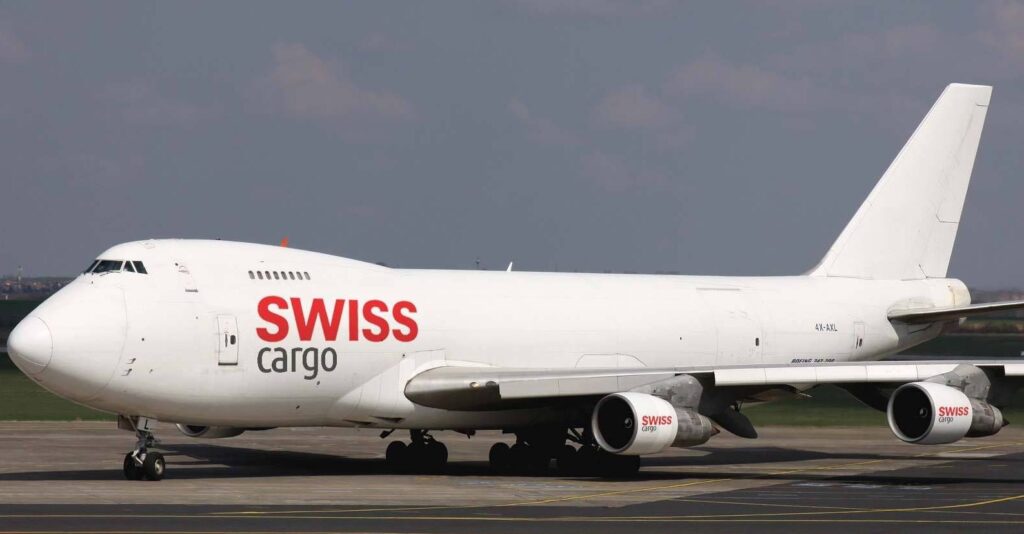SWISS Reduces Geneva Flight Operations to Minimum Due to Travel Restrictions
In view of the tighter travel restrictions announced by the Swiss Federal Council on 27 January and the resulting decline in demand for air travel, SWISS has been compelled to temporarily reduce its flight operations to…
